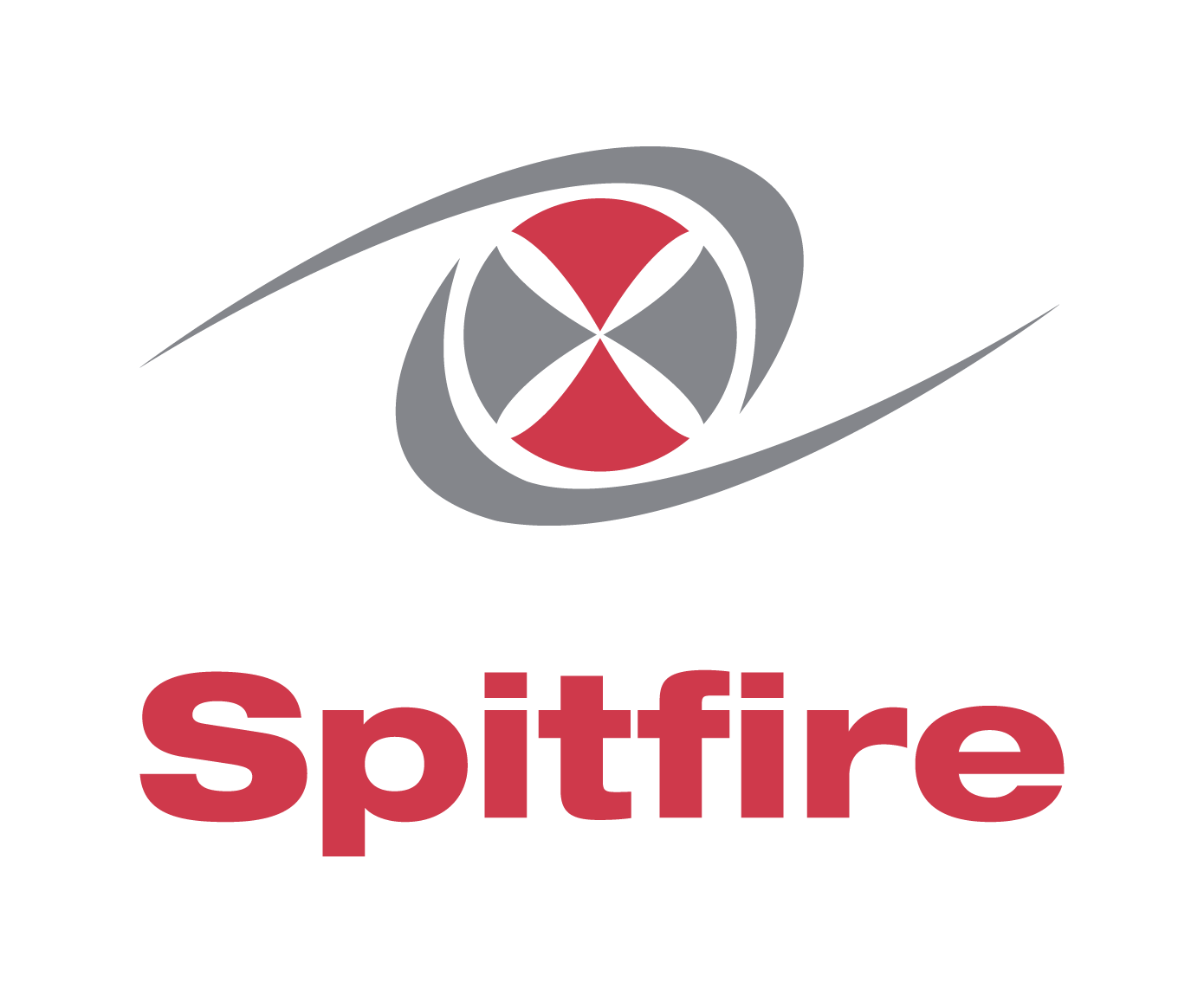Transforming Fleet Reliability Through People and Operational Excellence
We partnered with a leading rail asset maintenance company to develop a high-performance culture, enhancing fleet reliability to meet demanding customer expectations.
Key impacts
Embedded a culture of collaboration and continuous improvement
Increased fleet reliability by an average of 320%
Enabled total cost savings of £3.02m over 9 periods
The challenge: Reshaping a culture to transform performance
Our client, a leading asset maintenance company, was failing to deliver through planned maintenance programmes in the key areas of reliability, measured by ‘Mean Distance Between Failures’ (MDBF) and service availability.
Our client recognised that with financial penalties being incurred, rapid transformation of the business was required in order to provide real performance value to their customer.
With costs mounting, we helped our client address both operational and cultural challenges to improve reliability of the worst performing fleet, ultimately delivering the tangible improvements needed to boost availability.
The solution: A people-focused approach to transformation
We implemented a two-phased analysis and delivery approach to ensure a deep understanding of the root causes before developing and executing an effective implementation strategy.
At the heart of the analysis phase was a comprehensive assessment of operational and leadership requirements.
We identified several cultural and leadership challenges that were impacting our client from achieving improved levels of performance:
Accountability and ownership: Prevailing mindsets and ways of working within the depot culture led teams to attribute poor performance to external factors rather than taking proactive responsibility.
Leadership capability: Managers and senior leaders had been promoted without receiving the necessary leadership or management training to build and sustain high-performing teams.
Cross-functional collaboration: Maintenance, engineering, planning and operational departments were not working effectively as ‘one team’, leading to inefficiencies, conflicting priorities and delayed decision-making
We also identified fundamental challenges within the operating environment directly impacting upon leader behaviours & desired performance outcomes:
Lack of real-time performance visibility: Managers and teams had no immediate access to operational performance data, making it difficult to understand real-time performance status, to prioritise actions and resources, or take timely corrective actions
Lack of structured review processes: Existing performance reviews were largely inconsistent or poorly prioritised, meaning issues were commonly addressed after major problems or disruptions affecting performance had already occurred
Ineffective-problem solving processes: There was a lack of any structured problem-solving framework in place, causing delays in diagnosing, solving and preventing recurring fleet issues at the root cause
The implementation: How we delivered lasting transformation
To establish a lasting impact in developing our client’s capabilities, we created a bespoke leadership development programme designed to equip all leaders with the skills, behaviours and daily habits essential to develop, support and sustain high levels of performance.
Managers learned how to make data-driven decisions and develop daily leadership habits that enhanced performance consistency. We also nurtured a culture of accountability, empowering leaders to take ownership of their team’s results and become proactive problem-solvers.
We developed & created a working environment that removed silos between departments, whilst fully embedding continuous improvement principles & processes through several key initiatives:
One-team performance management regime: structured to ensure team visibility and alignment on KPIs, responsibilities and shared objectives, while high frequency daily stand-up reviews ensured the required real-time drumbeat to drive measurable step changes in performance.
Embedding a Continuous Improvement culture: This was reinforced through coaching in regular performance reviews, visual management tools & techniques, fundamental process standards & working methods, with training & mentoring in problem-solving techniques to further empower team members to proactively address challenges as they arose
Integrated coaching and mentoring: Managers and frontline teams received hands-on coaching to develop and strengthen leadership behaviours and fully embed performance management principles, beliefs, standards & processes. This approach ensured the development of a self-sustainable performance culture, removing reliance on external consultants.
The results: Empowering teams to deliver tangible outcomes
Through our structured people development approach integrated with the implementation of operational excellence principles, systems and tools, we empowered our client to significantly improve both culture & business performance.
Within a period of just over 9 months, fleet performance was transformed from being one of the least reliable to the highest-performing fleet across the network.
Our transformation strategy delivered:
320% increase in fleet reliability (MDBF growth)
£3.02 million total cost savings over 9 periods
Cultural shift towards proactive problem-solving and leadership ownership
Sustainable impact, with all tools and processes integrated into standard ways of working
The newly embedded culture of performance improvement is now integral to the organisation, ensuring continued operational efficiency and a consistently high-quality service for customers, long after the project's completion.
Get in touch to understand how our approach can help you to transform your business.

